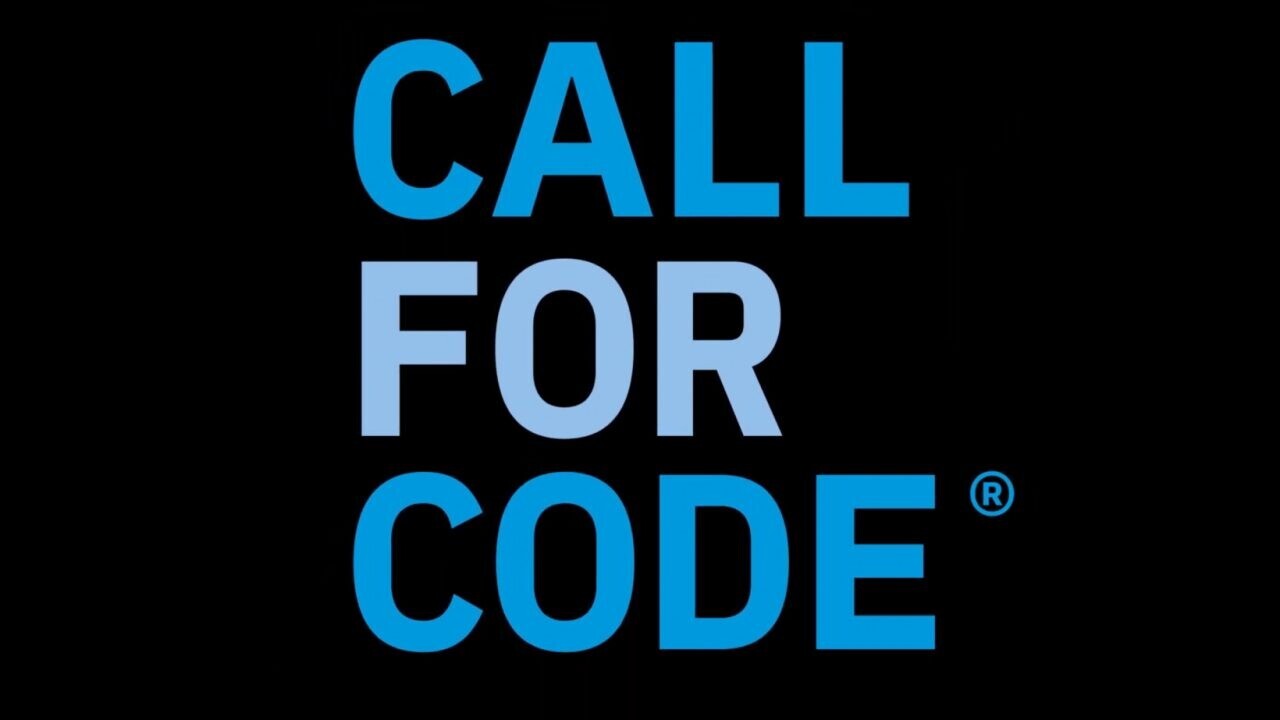
The 2019 Call for Code challenge is coming to a close as partners IBM and David Clark Cause are set to announce the grand prize winner next month. The months-long contest solicited technologists from around the world to invent solutions to improve natural disaster preparedness, response, and recovery. And one team’s going to get a $200K cash prize and a development meeting.
More than 180,000 people from around the globe participated in this year’s contest – whether through submission or support – and 32 teams have been selected as regional finalists. A panel of judges led by President Bill Clinton will select a grand prize winner and four runners-up on 12 October, each of which will receive the opportunity to work with IBM and its partners to bring their idea to life.

Last year’s winner was Project OWL, a deployable mesh network made out of rubber ducks. The team’s since gone on to develop and test its “Clusterduck” technology in real-world environments. You can read more about Project OWL here.
Here’s a handful of the 32 entries competing for the top award this year along with their relevant entries from IBM’s blog post announcing the finalists:
Rx Pharmacist
Project Rx Pharmacist uses a smartphone app to track and catalogue donated medications so that the right medication can be easily found by medical and rescue volunteers. By using IBM Cognos, the app uses visual recognition to identify the medication, and an IoT device to sort it. The app ensures that the right person gets the right medicine in a timely fashion.
Prometeo
There are no individualized strategies and polices to protect firefighters from the cumulative effect of smoke and toxic substances that are inhaled. Prometeo is a cognitive platform where sensors from firefighters’ uniforms collect data and send it to a Cloudant database for professionals to monitor their health in real time.
QRP-Eden
Many elderly people live alone, with nobody looking after them. In the case of an emergency, this can be extremely dangerous for them. QRP-Eden developed an IoT wearable device worn by the elderly where health data, including heart rate and blood pressure, are monitored regularly. This data would be stored on the blockchain and in case of an abnormality or emergency, help would be sent out to assist them.
Blooming – Everybody Smiles More
When disaster strikes, there are many people who volunteer to help those in need. However, before volunteers can assist, they spend a large amount of time on day-of learning and dispersal. These processes can be done ahead of time online. Project Blooming’s main goal is to establish the most efficient way to digitize this whole process and store data by using a Cloudant database. In doing so, volunteers can maximize their efforts to actually help people and those in need will get help as soon as possible.
DopplerDrone
DopplerDrone sends in a preliminary drone to impacted areas to map the terrain and obtain information on what medical or other supplies are needed most quickly with the help of the IoT Platform. A second drone flies into the zones with supply crates filled with what is needed most. This system significantly cuts down on response time for those who need help fast.
Alpha
After a natural disaster, there is a huge need for blood donors. With Alpha, donors and recipients track specific donations, from where it began all the way to where it ends up. Alpha also provides some details on available information on the donor’s blood and sends an SMS message thanking the donor when the blood has been used.
Healios
Healios provides accessible, high-quality mental health care for victims of natural disasters, by streamlining the process for case workers to connect with survivors who may be coping with negative mental health symptoms. By leveraging the IBM Watson platform, Healios can provide high-quality mental health care at scale by way of a mobile application, compatible with both iOS and Android, and acts as a chatbot for ease of use.
You can view the entire list of finalists’ projects here. For more information on Call for Code click here.
Get the TNW newsletter
Get the most important tech news in your inbox each week.





